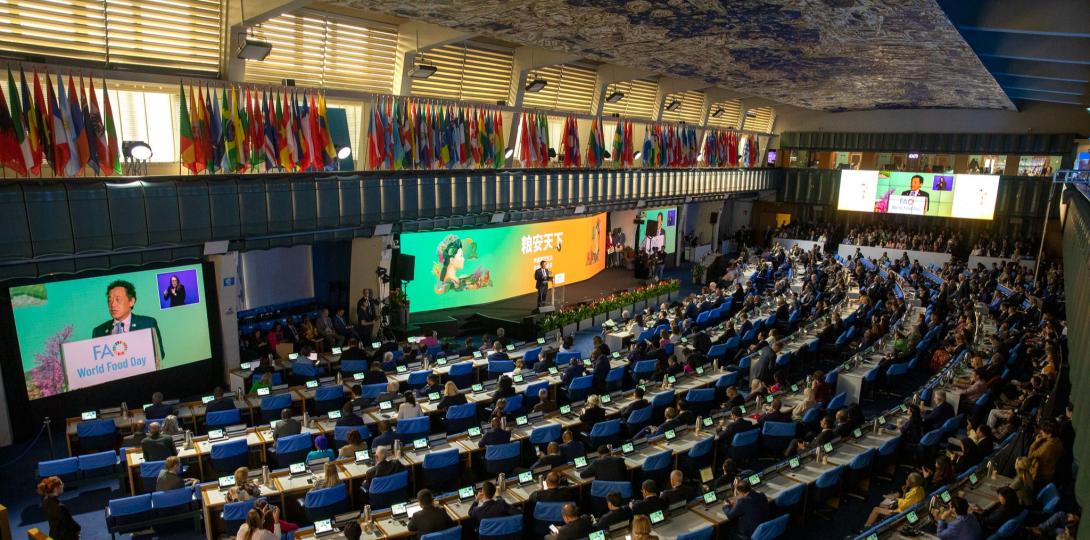A new report by Oxfam, released on World Food Day 16th October 2024, reveals an unpleasant reality: up to 21,000 people are dying from hunger daily, largely driven by conflicts worldwide. Titled Food Wars, the report highlights how conflicts are not only fueling food insecurity but actively weaponizing food, water, and aid to gain control in war-torn regions.
Manufactured Hunger and Public Health Risks
The report underscores that many of today’s food crises are “largely manufactured” by warring parties. Countries embroiled in conflict account for nearly all 281.6 million people facing acute hunger globally. The destruction of infrastructure, blocking of humanitarian aid, and displacement of people are contributing to severe food shortages and increasing public health risks. The lack of access to food, clean water, and essential health services due to conflict escalates the spread of diseases and malnutrition, especially among vulnerable populations like children and the elderly.
The Economic Impact of Hunger and Conflict
Beyond the immediate health risks, hunger crises significantly damage economies. Many conflict-affected countries rely on exports of primary products like gold, oil, and livestock. In Sudan, for example, 95% of the country’s export earnings come from these sectors. However, mining operations and resource extraction have often fueled violence, forcing people from their homes and devastating the environment. This displacement disrupts economic activity, destroys livelihoods, and increases poverty rates.
Oxfam criticizes the current peace-building efforts focused on attracting foreign investment, which often exacerbates inequalities rather than alleviating them. The model of economic liberalization, aimed at promoting export-driven economies, has failed to address the root causes of conflict and hunger, worsening economic instability.
The Global Impact: Climate, Conflict, and Rising Food Prices
The hunger crisis is not limited to conflict zones alone. Climate-related disasters such as droughts, floods, and rising global food prices, worsened by the COVID-19 pandemic and disruptions from the Russia-Ukraine war, have intensified food insecurity worldwide. East and Southern Africa are particularly affected, with soaring food prices making essential goods unaffordable for millions. This creates a global ripple effect, as nations interconnected through trade and supply chains face economic and food shortages as well.
Breaking the Cycle: What the World Must Do
The Oxfam report calls on global leaders to take decisive action. To meet the 2030 goal of “zero hunger,” world leaders must address the root causes of these crises. Oxfam advocates for holding those responsible for “starvation crimes” accountable under international law. The United Nations Security Council and other international bodies must prioritize peace-building strategies that address systemic inequalities, human rights abuses, and the lingering effects of colonialism.
In addition, the global community must work to strengthen public health systems, create resilient economies, and build infrastructure that can withstand the pressures of conflict, climate change, and economic shocks. The solutions must be comprehensive, addressing the full range of risks that contribute to hunger. Only then can the cycle of hunger, displacement, and conflict be broken, ensuring a healthier, more equitable future for all.
Read full report Food Wars
Read also read Global ceremony highlights the right to nutritious safe and affordable foods on this link World Food Day 2024

